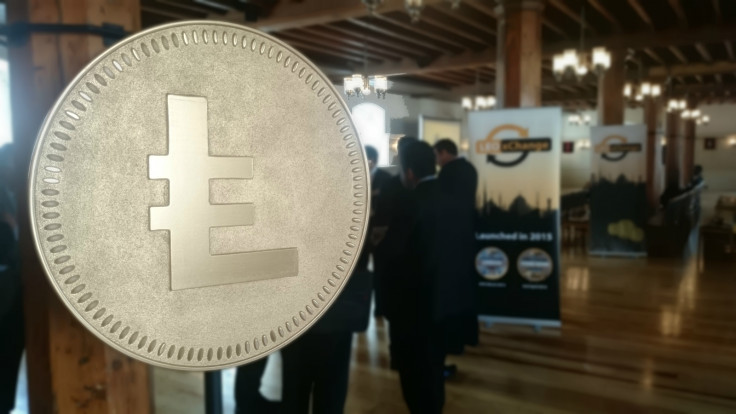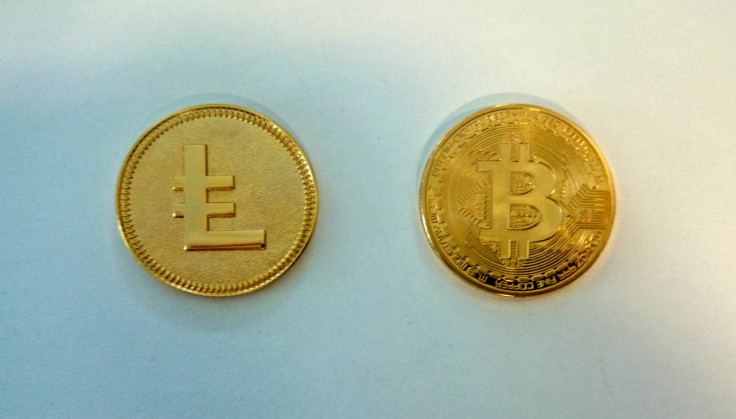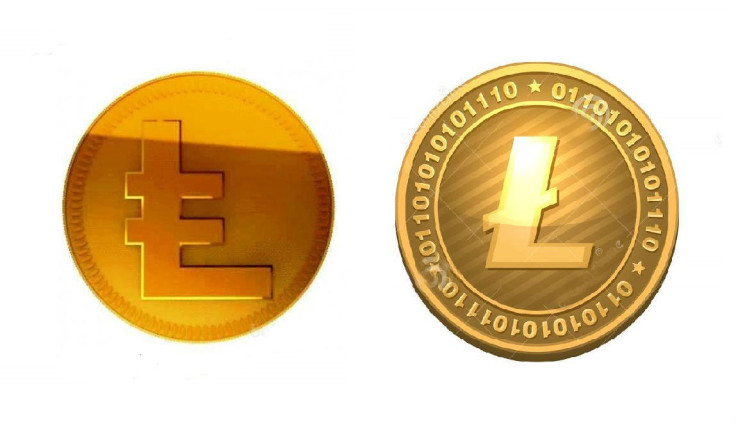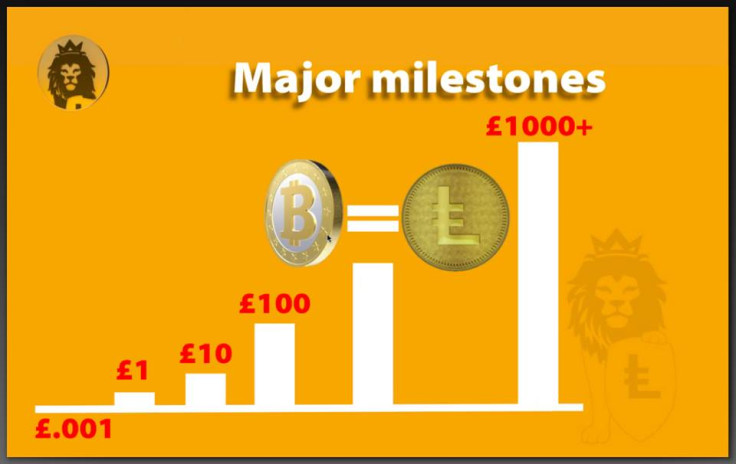LEOcoin: 'Bitcoin rival' launches amid claims of pump and dump scam

A new cryptocurrency has officially launched that is marketing itself as the second largest altcoin behind bitcoin. The UK-based developers of LEOcoin believe it has the potential to reshape the digital currency space and finally open it up to a mass-market, however fears surrounding LEOcoin's legitimacy have already been raised.
Like many other bitcoin spin-offs before it, LEOcoin and LEOxChange - its global exchange based in Hong Kong - aims to address some of the flaws that exist with bitcoin, most notably its usability and accessibility.
"We want to reach the 'aunts and uncles', the people that have a lot to benefit from such technology but don't really understand it," Dan Andersson, co-founder of LEOcoin told IBTimes UK. "Bitcoin's failure is mass-adoption. We as educators and trainers can solve this."
LEOcoin's developers claim that in just three months more than 30,000 merchants across 41 countries have already signed up to start accepting the currency, while its userbase has reached 150,000. This compares to the 100,000 merchants that currently accept bitcoin, which has been around since 2009.
While bitcoin merchants include the likes of Microsoft, Dell and Japanese e-commerce giant Rakuten, LEOcoin's developers say their focus has been on small and medium-sized businesses, with Andersson claiming: "Large merchants create headlines but smaller ones really drive digital currency forward."
No merchant names have yet been released by LEOcoin's creators and when a list was requested a representative responded: "We are unable to provide a full list of merchants, the reason is we would need their permission before we publish information about them. What we can say is that there are currently (to date) 32,083 LEOcoin merchants registered from 41 countries."
More valuable than bitcoin?
While these figures would make LEOcoin the second largest cryptocurrency in terms of merchants, it is still a long way off matching bitcoin in terms of market cap. Exact figures for LEOcoin's market cap have yet to be released by its developers, though it is unlikely to come anywhere to close to the $3.5bn of bitcoin. Nevertheless, its developers are hopeful.
"I think that we'll be the number one most valuable coin in the future," Andersson said. "And we could be the number two in the very near future."

It aims to do this with several features that bitcoin lacks, however many other cryptocurrencies already exist that contain similar features. Dash (formerly darkcoin), for example, was the first to solve the problem of instant transaction times and complete user anonymity.
The only key differentiator could be its usability through its ambitions to "demystify digital currencies", though this is yet to be tested on any significant scale.
Cryptocurrency confusion
According to CoinMarketCap, there are already more than 500 cryptocurrencies, each offering varying developments built from bitcoin and its blockchain technology.
The addition of a new altcoin has led some within the cryptocurrency community to say that the numerous alternatives to bitcoin offering similar functionality make leocoin redundant.
In a recent interview with CNBC, founding director of the Bitcoin Foundation Jon Matonis said that there were "too many" cryptocurrencies. "What matters is the computational power and strength of the network," Matonis said. "Bitcoin's lead via the network is very strong."

One such alternative is litecoin, often referred to as the silver to bitcoin's gold. Like LEOcoin, litecoin features quicker transaction times, which is often cited as one of the fundamental flaws of bitcoin. Also like LEOcoin, litecoin features an 'L' with a dash through it for its symbol.
Rather than demystifying digital currencies, this branding could risk having the opposite effect by creating more confusion about cryptocurrency.
Crypto con?
Andersson claims that one of the primary purposes of LEOcoin is to bring trust to the cryptocurrency space, stating: "The industry needs to do much more to establish its credibility."
A recent YouGov study commissioned by LEOcoin's developers found that 85% of merchants' questioned indicated that 85% were unlikely to use a digital currency.
"These numbers don't surprise us given the negative publicity many of the digital currencies have had. We believe this has been down to such currencies being complicated, inaccessible and not user friendly."
Despite these ambitions, LEOcoin has already been branded a scam by some cryptocurrency commentators.
Joel Dalais, director of the digital currency exchange IBWT and blogger at Cryptocoinsnews, has labelled LEOcoin's claims to be the second largest digital currency as "bull***t" and warned investors to beware.
"LEOcoin is a good example of what a pump and dump coin looks like," Dalais said. "potentials interested in LEOcoin should also be aware that it has in fact been in existence for quite some time already."
LEOcoin has in fact been in existence since May 2014, though 2 April 2015 marks its official launch with the opening of the Hong Kong exchange. At the time of writing LEOcoin is yet to be listed alongside CoinMarketCap's 500 digital currencies.
One website promoting people to invest in leocoin, buy-leocoin.org, appears to play off the get-rich-quick fever that was once associated with bitcoin.
One blogpost on the site in February claimed: "I can tell you guys that LEOcoin will hit bigcoin price real fast, maybe even in this year, we will see, if its will happen, then here will be a lot of new peoples who will make a lot of money like guys did with bitcoin!" (sic)

It will be some time before it is known whether LEOcoin will actually live up to the hype, or crash as the skeptics predict, however Andersson's hopes are resolute.
"We anticipate that within five years, individuals and casual users will have increased exponentially as ordinary consumers start to see the benefits of privacy and security offered by LEOcoin," Andersson said.
"This is a very dynamic and fast moving area in financial services and we are aiming to bring digital currency into the mainstream."
© Copyright IBTimes 2025. All rights reserved.






















